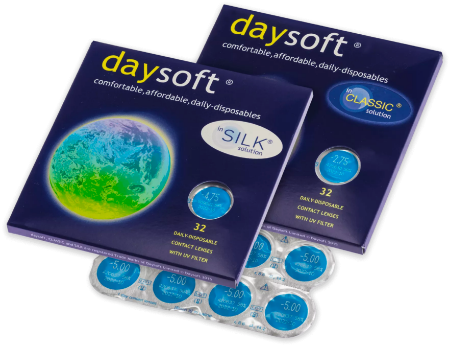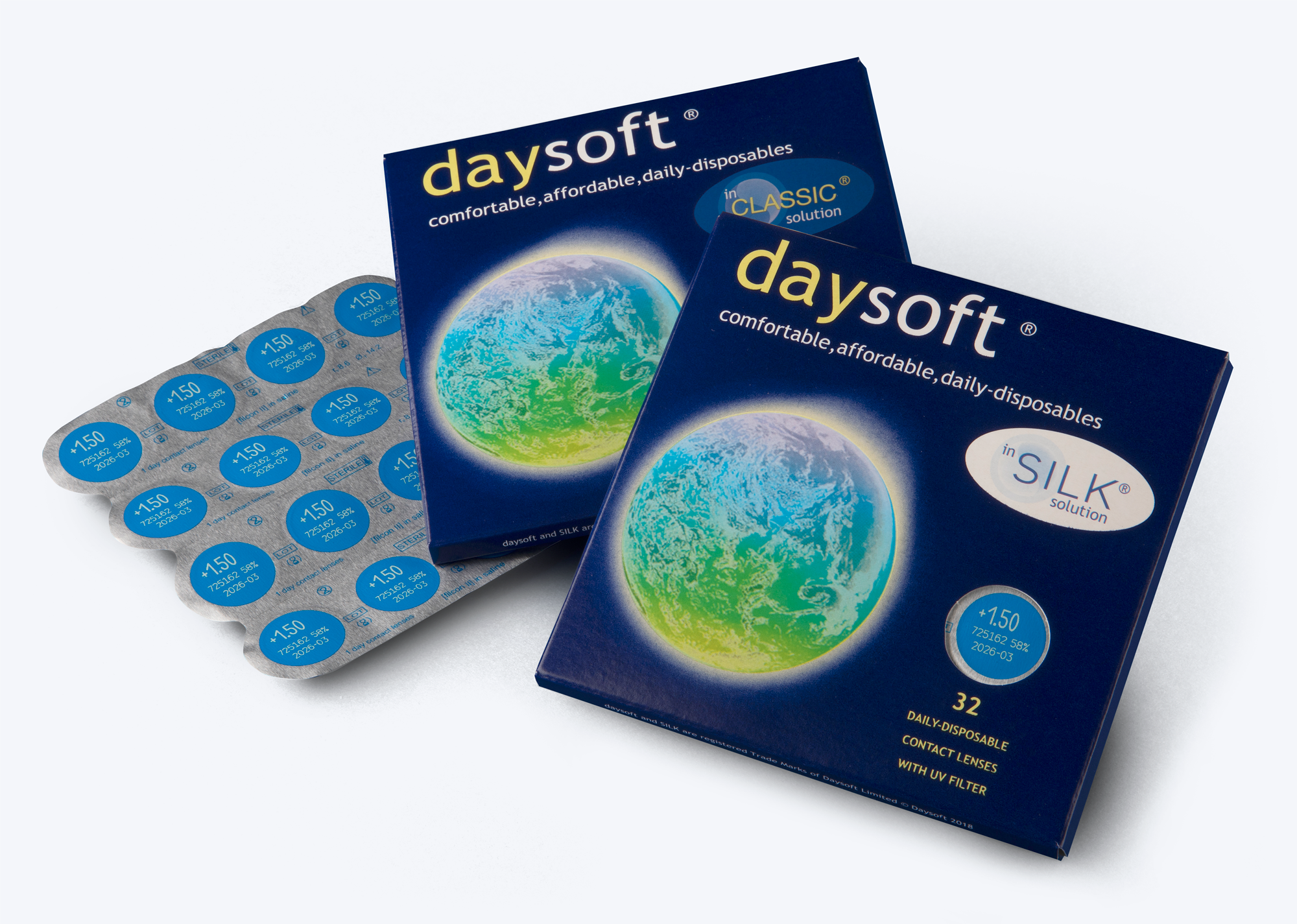Your grandma was right: eating carrots DOES help you see in the dark – as well as a host of other ocular benefits. The vitamins and minerals in our food can help maintain healthy vision, warding off age-related macular degeneration (AMD), obesity and diabetes.
Studies and clinical trials link the antioxidant vitamins found in certain foods with good eye health, helping to maintain healthy cells and tissue. Consuming healthy foods helps us maintain our general health, too, keeping excess weight off and reducing spikes in blood sugar levels.
If you want to look after your eyes, look no further than your dinner plate. Here we break down food for eyesight improvement that will not just benefit your eyes but also the rest of your body – win-win.
Why is it important to eat food for good eyesight?
Eating a diet rich in leafy vegetables, nuts and fish and low in starchy carbohydrates appears to lower risk for age-related macular degeneration (AMD). Eating healthy foods and maintaining a healthy weight also prevents spikes in insulin. Too much insulin in our blood can lead to the onset of diabetes and diabetic retinopathy. It also wards off a host of eye problems, such as dry eye syndrome and cataracts.

Age-related macular degeneration
AMD is the leading cause of severe vision loss in people over 50. It tends to be one of those conditions that you don’t really hear of until you have it. But it’s actually the most common cause of visual deterioration and blindness in the developed world.
The macula is part of the retina. It’s housed at the back of the eye and behaves a bit like film in a camera. It ‘sees’ whatever the eye is focusing on, and is responsible for vision.
AMD has long been viewed as something we had to just accept as part of the natural aging process. But scientists have discovered that free radicals are also to blame. Put simply, free radicals are waste products from the natural biochemical and physiological processes the body goes through to stay alive. This waste needs to be regulated by the body if levels become too high to prevent it from causing disease.
This is where antioxidants come in. These molecules fight free radicals in your body and many of them are nutrients from food. The takeaway is that upping our intake of antioxidants appears to protect against AMD.
Other eye complications
Even if you’re not feeling any eye discomfort or experiencing symptoms, being overweight can impact the health of your eyes. Your eyes are a window into your health and can expose tell-tale signs.
Eye conditions that have been linked to obesity are:
- diabetic retinopathy. This affects the capillaries in the retina and appears as specks of blood in the back of the eye
- cataracts
- idiopathic intracranial hypertension (IIH), which causes vision changes and headaches
- thyroid eye disease (TED), when the eye muscles and fatty tissue behind the eye become inflamed
- exophthalmos, which is bulging or protruding eyeballs, caused by TED.
Your eye care practitioner will be able to pick up any symptoms in your regular eye test. If you experience any issues, make an appointment as soon as you can.
Combine foods good for eyesight with regular exercise
Some eye conditions have underlying factors linked to poor cardiovascular health. Poor circulation can increase the risk of retinal vessel occlusion, where a blockage in blood vessels in the eye leads to sight loss.
Move as much as you can, whether it’s walking around the block, parking the car further from your destination, playing with your pets or children or doing the housework. Frequent bursts of exercise and a balanced, healthy diet will keep your eyes in optimum condition.

What foods are good for eyesight?
It’s not just carrots. To maintain healthy eyes long term, it’s crucial to consume a balanced diet rich in vitamin-loaded leafy greens, colourful fruits and vegetables, omega-3 sources like oily fish and zinc, found in some dairy products and poultry. Here’s a list of the best food for good eyesight.
Eat the rainbow
‘Eating the rainbow’ involves eating as many differently coloured fruits and vegetables every day to consume as wide a range of goodness as possible.
Dark-green leafy vegetables, like spinach, kale, watercress and broccoli …
… are full of antioxidants, like lutein and zeaxanthin. These protect the eyes from free radical attack and can help slow the progression of AMD.
Orange-yellow fruit and vegetables, like peaches, papaya, oranges, squash, red peppers, and of course, carrots …
… are rich in beta-carotene, which makes vitamin A, needed to produce rhodopsin, a protein that’s vital for vision in poor light.
Purple-red foods, like blueberries and grapes …
… have pigments known as flavonoids that may act as an antioxidant. These can help to protect the light-sensing cells of the retina from damage, and may also improve blood circulation. Resveratrol, which is found in grape skins (and, consequently, red wine) as well as peanuts, has tremendous antioxidant properties. This isn’t an excuse to overindulge in your favourite red, though!
Citrus fruits, like lemons, limes, oranges and grapefruit…
… are a good source of vitamin C, which protects against UV light damage.
Know your onions (and shallots, garlic and capers)
Garlic, onions, shallots and capers are high in sulphur, which is needed to produce glutathione, an antioxidant that helps maintain healthy sight. Capers are also a source of vitamin A, which can help to protect retinal cells.
Try a fish dish
Omega-3 is believed to boost heart health and prevent dry eyes by helping to produce tears that keep your eyes hydrated and free from irritants. You can find it in oily fish like sardines, mackerel, tuna and salmon.
If you’re vegan or vegetarian, flaxseeds, hemp seeds, chia seeds, walnuts, edamame, seaweed and algae are also good sources. Aim for two servings of oily fish a week or supplement with a high-quality fish oil or one serving a day of nuts and seeds.
Yoke the power of eggs
The humble egg is a powerhouse of eye health nutrition. The yolk is rich in lutein and zeaxanthin. These antioxidants can help to protect our eyes against damage from blue light given out by computers and phones.
Eggs are also rich in sulphur, which can play a role in keeping eyesight healthy.
Go with the grain
Wholegrains are high in zinc and B vitamins, which can help to maintain healthy eyes.
Enjoy a cup of tea
Your daily cuppa may reduce your risk of blindness. Tea contains phytochemicals and flavonoids with anti-inflammatory properties that may protect the optic nerve.
Embrace dairy foods and lean chicken
Cheese, milk and poultry are foods rich in zinc, which can help promote better vision.
From diet to lifestyle, keeping your eyes in tip-top condition is key. Check out our blog to discover how to avoid eye strain, healthy sleeping habits for healthy eyes and tips for wearing make-up with contact lenses.



